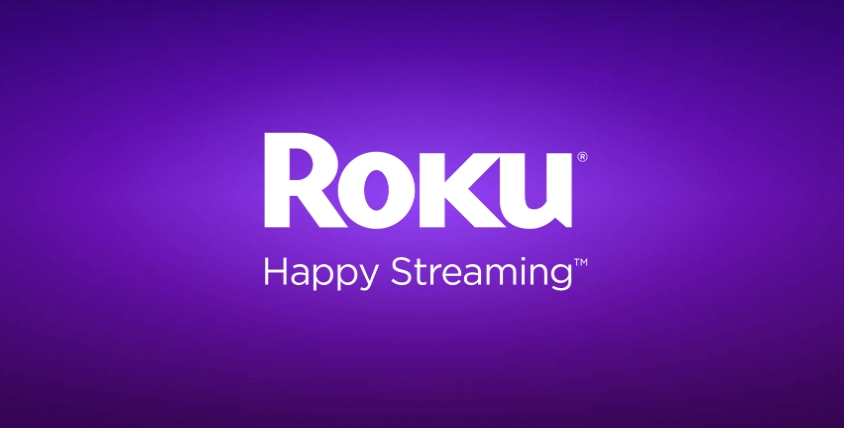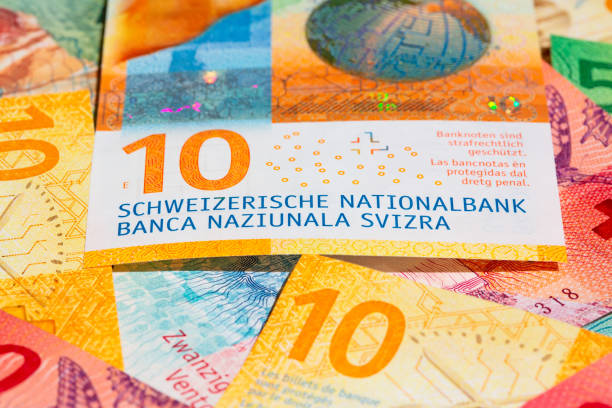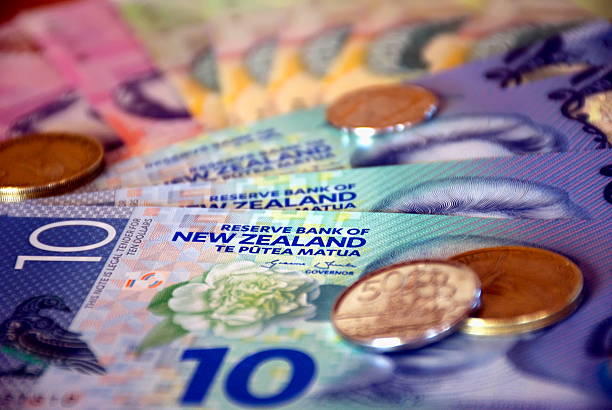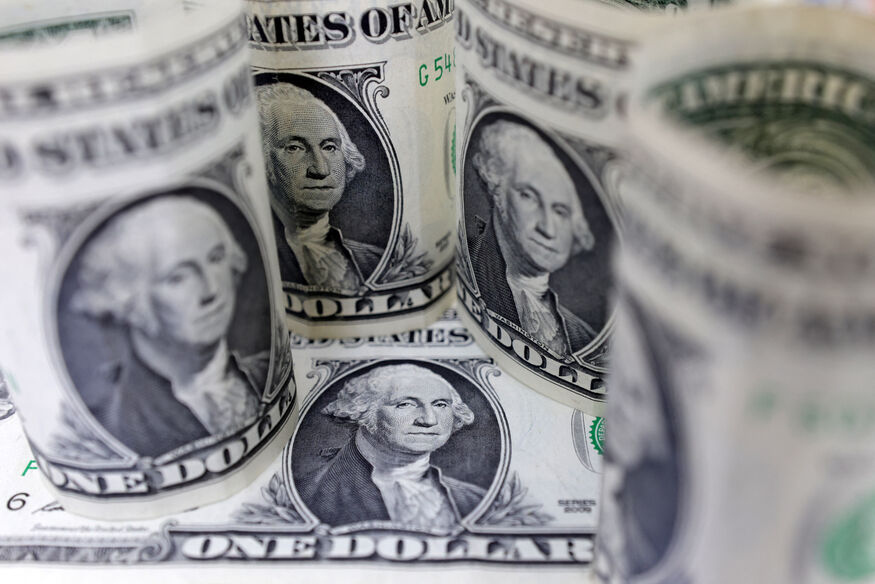GBP/USD advances to fresh weekly top, around mid-1.3100s amid notable USD supply
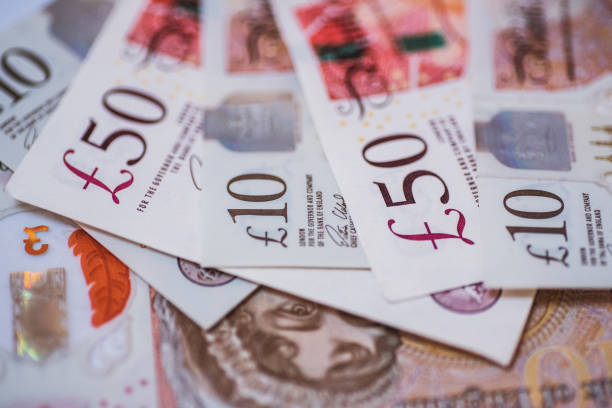
- GBP/USD attracts buyers for the second straight day amid dovish Fed-inspired USD weakness.
- Expectations that the BoE will cut rates less than the Fed also contribute to the positive move.
- Bulls might now opt to move to the sidelines ahead of the Fed and the BoE meetings next week.
The GBP/USD pair gains positive traction for the second straight day and recovers further from over a three-week low, around the 1.3000 psychological mark touched on Wednesday. The momentum lifts spot prices to mid-1.3100s, or a fresh weekly top during the Asian session, and it is sponsored by the heavily offered tone surrounding the US Dollar (USD).
The USD Index (DXY), which tracks the Greenback against a basket of currencies, sinks to over a one-week low amid rising bets for a larger interest rate cut by the Federal Reserve (Fed), bolstered the softer US Producer Price Index (PPI) report on Thursday. Dovish Fed expectations keep the US Treasury bond yields depressed near the 2024 low, which, along with the upbeat market mood, undermines the safe-haven buck and acts as a tailwind for the GBP/USD pair.
Bulls, meanwhile, seem unaffected by bets for more interest rate cuts by the Bank of England (BoE), especially after data released this week pointed to a slowdown in the UK wage growth and a flat GDP print for the second straight month in July. The markets, however, think that the BoE will loosen policy by less than the Fed over the next year. This, in turn, benefits the British Pound (GBP) and turns out to be another factor lending additional support to the GBP/USD pair.
It, however, remains to be seen if bulls can capitalize on the move or refrain from placing aggressive bets ahead of next week's key central bank event risks. The Fed is scheduled to announce its policy decision at the end of a two-day policy meeting next Wednesday. This will be followed by the crucial BoE meeting on Thursday, which will play a key role in providing some meaningful impetus to the GBP/USD pair and determining the next leg of a directional move.
BoE FAQs
What does the Bank of England do and how does it impact the Pound?
The Bank of England (BoE) decides monetary policy for the United Kingdom. Its primary goal is to achieve ‘price stability’, or a steady inflation rate of 2%. Its tool for achieving this is via the adjustment of base lending rates. The BoE sets the rate at which it lends to commercial banks and banks lend to each other, determining the level of interest rates in the economy overall. This also impacts the value of the Pound Sterling (GBP).
How does the Bank of England’s monetary policy influence Sterling?
When inflation is above the Bank of England’s target it responds by raising interest rates, making it more expensive for people and businesses to access credit. This is positive for the Pound Sterling because higher interest rates make the UK a more attractive place for global investors to park their money. When inflation falls below target, it is a sign economic growth is slowing, and the BoE will consider lowering interest rates to cheapen credit in the hope businesses will borrow to invest in growth-generating projects – a negative for the Pound Sterling.
What is Quantitative Easing (QE) and how does it affect the Pound?
In extreme situations, the Bank of England can enact a policy called Quantitative Easing (QE). QE is the process by which the BoE substantially increases the flow of credit in a stuck financial system. QE is a last resort policy when lowering interest rates will not achieve the necessary result. The process of QE involves the BoE printing money to buy assets – usually government or AAA-rated corporate bonds – from banks and other financial institutions. QE usually results in a weaker Pound Sterling.
What is Quantitative tightening (QT) and how does it affect the Pound Sterling?
Quantitative tightening (QT) is the reverse of QE, enacted when the economy is strengthening and inflation starts rising. Whilst in QE the Bank of England (BoE) purchases government and corporate bonds from financial institutions to encourage them to lend; in QT, the BoE stops buying more bonds, and stops reinvesting the principal maturing on the bonds it already holds. It is usually positive for the Pound Sterling.



